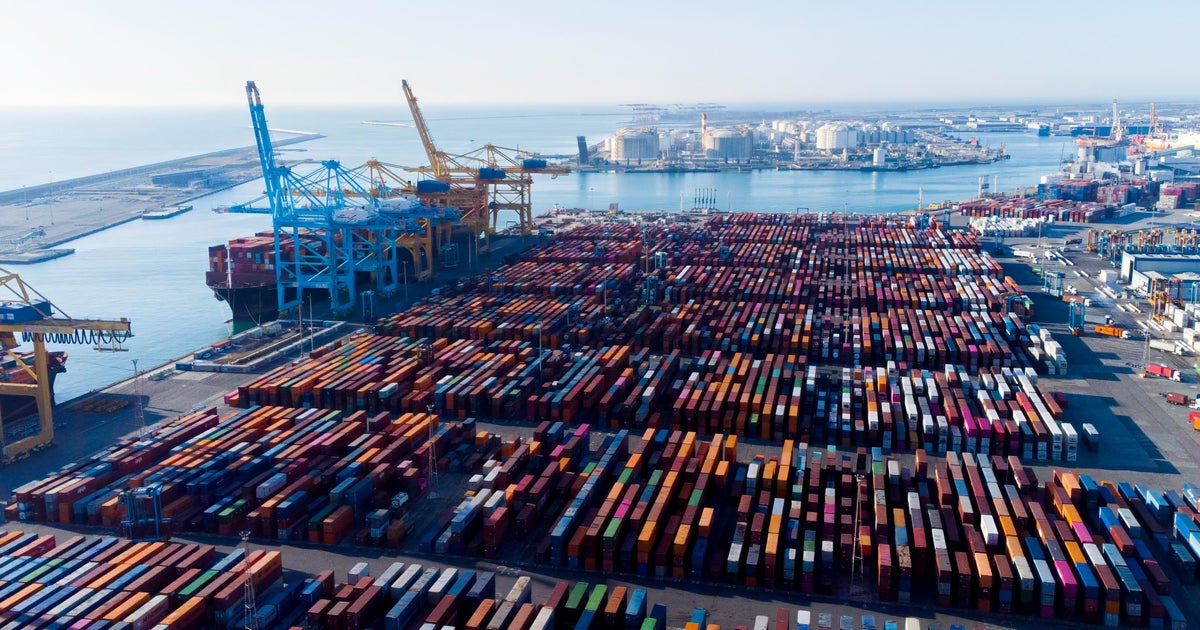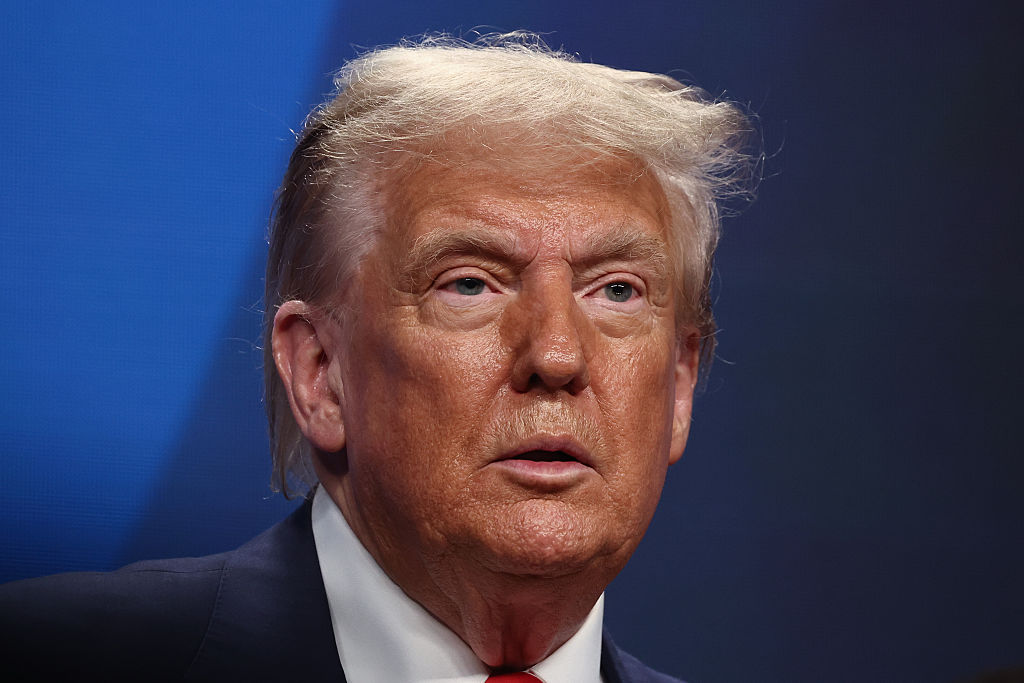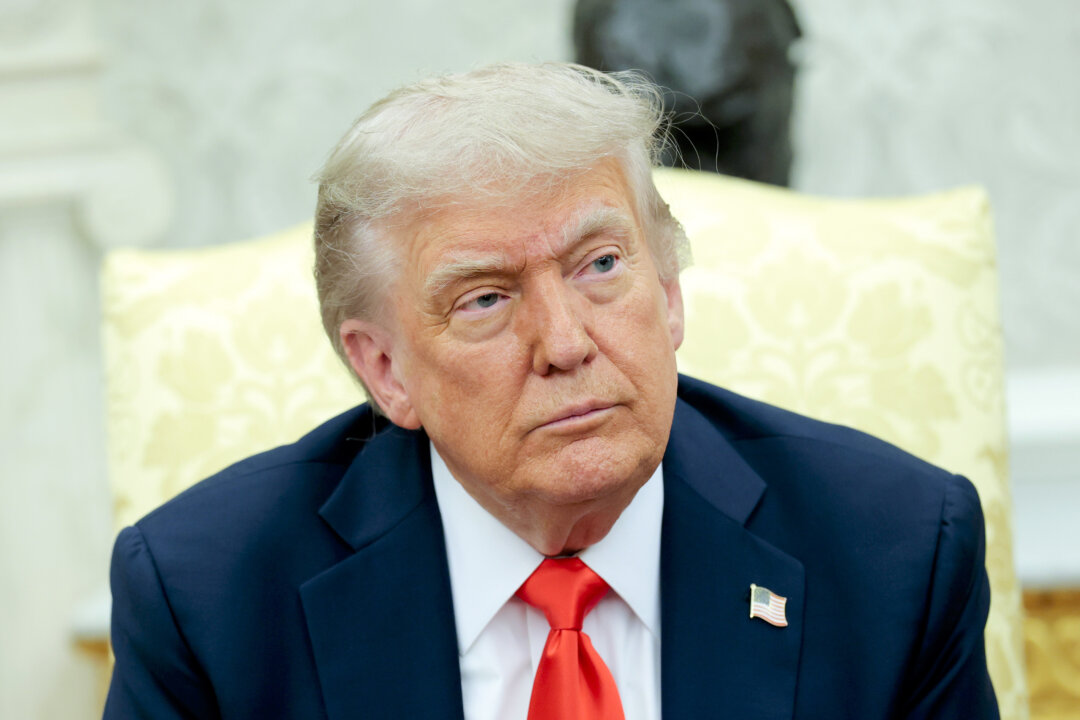EU Officials Consider Retaliatory Tariffs Amid Trump's 30% Import Tariff Announcement
In response to President Trump's 30% tariffs on imports from the EU, European trade ministers are strategizing and threatening retaliatory tariffs worth billions if negotiations fail.
Subscribe to unlock this story
We really don't like cutting you off, but you've reached your monthly limit. At just $5/month, subscriptions are how we keep this project going. Start your free 7-day trial today!
Get StartedHave an account? Sign in
Overview
- President Trump announced a 30% tariff on imports from the EU and Mexico, effective August 1, as part of his America First trade policy.
- European trade ministers are meeting in Brussels to respond to the tariffs, which could significantly impact economies on both sides of the Atlantic.
- EU officials are threatening to impose retaliatory tariffs worth billions on U.S. goods if trade negotiations do not yield a satisfactory deal.
- Concerns are rising among EU officials about potential disruptions to transatlantic supply chains due to the U.S. tariffs, prompting urgent discussions.
- Italian Prime Minister emphasizes the need for a resolution to avoid a trade war, as European leaders urge unity in their response to the tariffs.
Report issue

Read both sides in 5 minutes each day
Analysis
Center-leaning sources frame the situation as a complex interplay of economic repercussions and political maneuvering. They express skepticism towards Trump's trade policies, highlighting potential negative impacts on European markets and goods. The emphasis on negotiations suggests a desire for resolution, reflecting a cautious optimism amidst uncertainty and tension.
Articles (23)
Center (11)
FAQ
The EU's proposed retaliatory tariffs cover a wide range of products including aircraft, vehicles, agricultural products, medical devices, chemicals, plastics, bourbon and spirits, steel, aluminum, textiles, leather goods, home appliances, and various industrial and agricultural products.
President Trump announced the 30% tariffs on imports from the European Union on July 2025, with the tariffs set to take effect on August 1, 2025.
The European Union initially planned to impose retaliatory tariffs on billions of euros worth of U.S. goods, but delayed these measures to allow time for negotiations. The EU has threatened tariffs on up to €100 billion worth of U.S. imports and has also considered export restrictions on scrap steel, aluminum, and certain chemicals.
EU officials are concerned that the U.S. tariffs could disrupt transatlantic supply chains, which may significantly impact the economies of both the EU and the U.S. This has prompted urgent discussions among European trade ministers to find a resolution to avoid a trade war.
As of mid-July 2025, the EU has suspended planned retaliatory tariffs to allow time for negotiations with the U.S. The European Commission expressed hope that a trade deal could be reached by the end of the month to avoid further escalation.
History
- 4M

 6 articles
6 articles
- 4M

 3 articles
3 articles
- 4M

 4 articles
4 articles
- 4M

 5 articles
5 articles



















